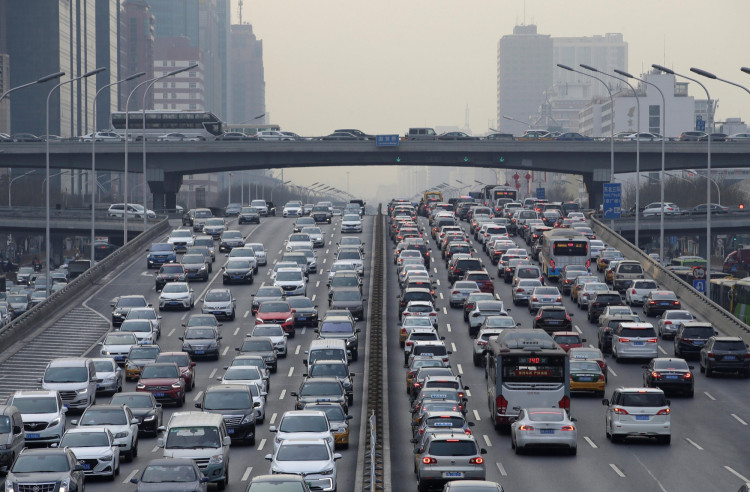In an ominous portent of the damage COVID-19 might inflict on China's vulnerable industries, China on Friday reported an unprecedented 92 percent plunge in retail passenger car sales in China during the first half of February.
The China Passenger Car Association (CPCA) said sales plummeted in a near collapse to a scant 4,909 units in the first 16 days of the month, down from 59,930 vehicles in the same period in 2019.
"Very few dealerships opened in the first weeks of February and they have had very little customer traffic," said CPCA. And, equally worse China's already battered motor vehicle market is likely to see sales slide more than 10% in the first six months due to the outbreak. The sales loss for the whole year 2019 is estimated at 5%.
These estimates, however, are based on the optimistic assumption COVID-19 is placed under some sort of control by April, otherwise, all bets are off, said the China Association of Automobile Manufacturers (CAAM), the country's top industry body.
The motor vehicle industry was already under immense downward pressure before the intervention of Covid-19. Car sales fell 8.2% in 2019 and 3% in 2018, according to CAAM. The unexpected sales drop in 2018 was the first reduction in annual sales since the 1990s. More than 25 million motor vehicles were sold in China in 2019.
Li Xingqian, head of foreign trade at the Ministry of Commerce, said the growth rate for China's exports and imports will see a sharp drop in January and February due to a collapse in logistics and the delayed start of work after the extended Lunar New Year holiday, which was aimed at controlling the spread of the Covid-19 outbreak.
"The impact of the epidemic on the first quarter is here objectively, should not be underestimated, but (growth) is still within the tolerable range," said Li.
He said that as the prevention and control measures achieve new staged results, foreign trade will inevitably resume its growth. China's foreign trade development is expected to remain within a reasonable range throughout the year."
Zong Changqing, head of the ministry's foreign investment department, confirmed the ministry asked the Shandong provincial government to urge all 32 South Korean-owned car parts companies to restart production by the end of last week to stabilize the global supply chain.
He also revealed more than 80% of key foreign-owned enterprises in Shanghai, Shandong and Hunan province had reopened. Most regions are expected to restore production by the end of this month but only if the spread of COVID-19 can be contained.
"We must firmly believe that China's auto market still has great development space and potential, and the automobile consumption demand is still strong," urgesWang Bin, vice-director of the commerce market operation department at the ministry. The ministry said it will introduce more measures to boost consumption in a new attempt to revive the flagging industry.





